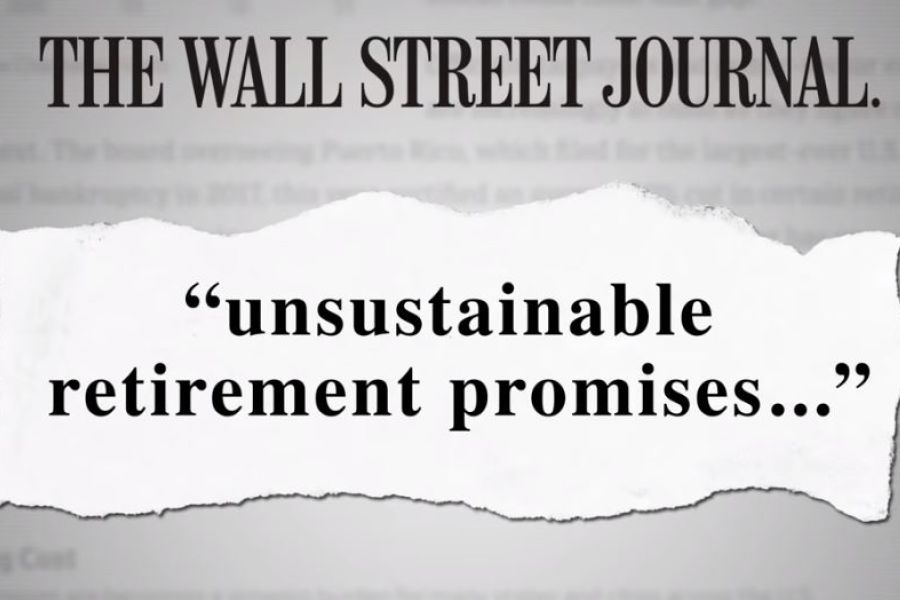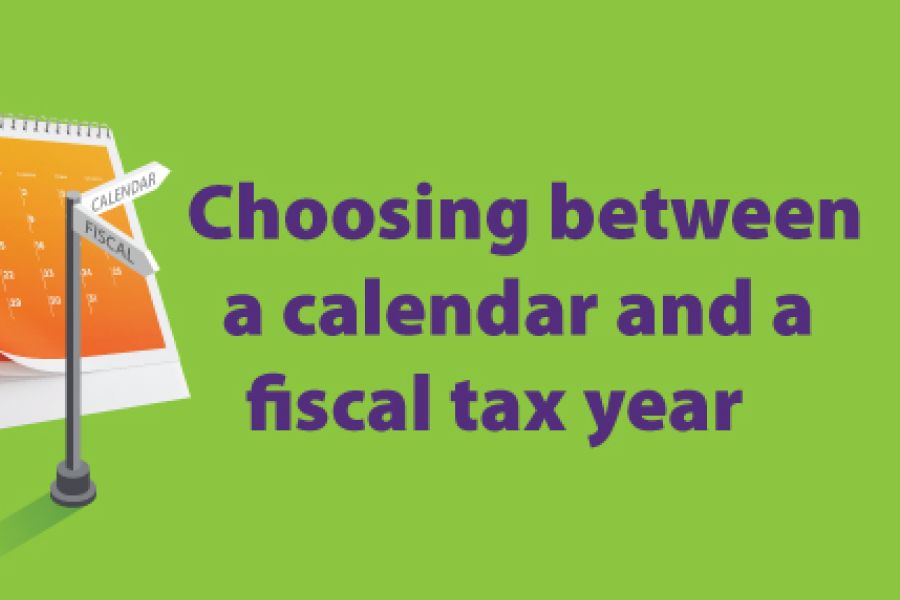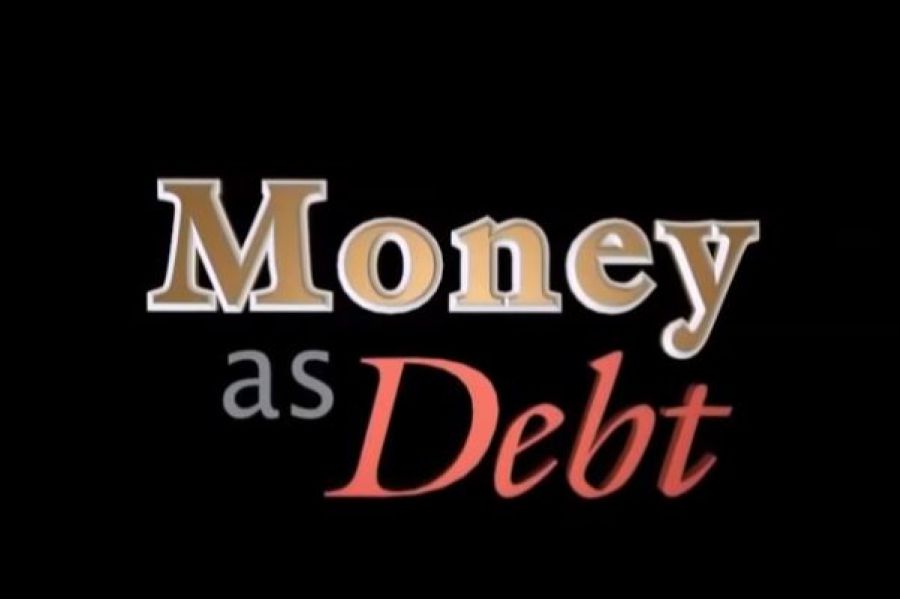
Estate planning aims to help individuals achieve several important goals — primary among them, transferring wealth to loved ones at the lowest possible tax cost. However, if you have creditors, you need to be aware of how fraudulent transfer laws can affect your estate plan. Creditors could potentially challenge your gifts, trusts or other estate planning strategies as fraudulent transfers. Creditor challenges Most states have adopted the Uniform Fraudulent Transfer Act (UFTA). The act allows creditors to challenge transfers involving two types of fraud. The first is actual fraud. This means making a transfer or incurring an obligation “with actual intent to hinder, delay or defraud any creditor,” including current creditors and probable future creditors. The second type is constructive fraud. This is a more significant risk for most...
If your son or daughter currently is home from college on winter break, now is a good time to sit down and discuss a few estate planning documents he or she should have at this stage of life. Let’s take a closer look at four such documents: 1. Health care power of attorney. With a health care power of attorney (sometimes referred to as a “health care proxy” or “durable medical power of attorney”), your child appoints someone — probably you or his or her other parent — to make health care decisions on his or her behalf should he or she be unable to do so. A health care power of attorney should provide guidance on how to make health care decisions. Although it’s impossible...
Are you harboring fictitious vendors in your accounting system? These are vendors invented by an employee — usually someone with the authority to approve invoices — to embezzle from the company. Thieves fabricate invoices and deposit payments to the fictitious vendor in their own bank accounts. This scam is easier to perpetrate in companies with a large number of vendors because fictitious accounts simply get lost in the sheer volume of paperwork. However, small companies are also vulnerable to the scheme because they often lack internal controls, such as segregation of duties. Spotting the fake Regardless of the size of your company, there are likely to be tracks for you to follow: Missing information. You expect to find phone numbers, taxpayer identification numbers, contact names and specific street addresses...
As posted to the John Stossel YouTube Channel on 10/21/18 Run time (6:41) State and local governments face a $5 trillion dollar unfunded pension liability. In other words, politicians promised workers $5 trillion in retirement benefits, but government doesn’t have the money. So far, neither politicians nor the unions are willing to accept this. John Stossel warns: one day, no matter what the promise, we simply won’t be able to keep it. John Stossel is an American consumer television personality, author, and pundit, reflecting a libertarian political philosophy and view on economics which are largely supportive of the free market....
While most provisions of the Tax Cuts and Jobs Act (TCJA) went into effect in 2018 and either apply through 2025 or are permanent, there are two major changes under the act for 2019. Here’s a closer look. 1. Medical expense deduction threshold With rising health care costs, claiming whatever tax breaks related to health care that you can is more important than ever. But there’s a threshold for deducting medical expenses that was already difficult for many taxpayers to meet, and it may be even harder to meet this year. The TCJA temporarily reduced the threshold from 10% of adjusted gross income (AGI) to 7.5% of AGI. Unfortunately, the reduction applies only to 2017 and 2018. So for 2019, the threshold returns to 10% — unless legislation...
Retirement plan contribution limits are indexed for inflation, and many have gone up for 2019, giving you opportunities to increase your retirement savings: Elective deferrals to 401(k), 403(b), 457(b)(2) and 457(c)(1) plans: $19,000 (up from $18,500) Contributions to defined contribution plans: $56,000 (up from $55,000) Contributions to SIMPLEs: $13,000 (up from $12,500) Contributions to IRAs: $6,000 (up from $5,500) One exception is catch-up contributions for taxpayers age 50 or older, which remain at the same levels as for 2018: Catch-up contributions to 401(k), 403(b), 457(b)(2) and 457(c)(1) plans: $6,000 Catch-up contributions to SIMPLEs: $3,000 Catch-up contributions to IRAs: $1,000 Keep in mind that additional factors may affect how much you’re allowed to contribute (or how much your employer can contribute on your behalf). For example, income-based limits...
There aren’t too many things businesses can do after a year ends to reduce tax liability for that year. However, you might be able to pay employee bonuses for 2018 in 2019 and still deduct them on your 2018 tax return. In certain circumstances, businesses can deduct bonuses employees have earned during a tax year if the bonuses are paid within 2½ months after the end of that year (by March 15 for a calendar-year company). Basic requirements First, only accrual-basis taxpayers can take advantage of the 2½ month rule. Cash-basis taxpayers must deduct bonuses in the year they’re paid, regardless of when they’re earned. Second, even for accrual-basis taxpayers, the 2½ month rule isn’t automatic. The bonuses can be deducted on the tax return for the year...
As posted to the Paul Grignon YouTube Channel on 10/13/11 Debt . . . government, corporate and household . . . has reached astronomical proportions. Where does all this money come from? How could there BE that much money to lend? The answer is . . . there isn't. Today MONEY IS DEBT. If this is puzzling to you, you are not alone. Very few people understand, even though ALL of us are affected. This fast-paced and highly entertaining animated feature by artist, Paul Grignon explains today's magically perverse DEBT-MONEY SYSTEM in terms that are easy to understand. Money as Debt has been viewed by millions and is now available online in at least 24 languages. Segment 1 - Run time (9:54) Segment 2 - Run time (13:38) Segment 3...
- 1
- 2
- 3
- 4
- 5
- 6
- 7
- 8
- 9
- 10
- 11
- 12
- 13
- 14
- 15
- 16
- 17
- 18
- 19
- 20
- 21
- 22
- 23
- 24
- 25
- 26
- 27
- 28
- 29
- 30
- 31
- 32
- 33
- 34
- 35
- 36
- 37
- 38
- 39
- 40
- 41
- 42
- 43
- 44
- 45
- 46
- 47
- 48
- 49
- 50
- 51
- 52
- 53
- 54
- 55
- 56
- 57
- 58
- 59
- 60
- 61
- 62
- 63
- 64
- 65
- 66
- 67
- 68
- 69
- 70
- 71
- 72
- 73
- 74
- 75
- 76
- 77
- 78
- 79
- 80
- 81
- 82
- 83
- 84
- 85
- 86
- 87
- 88
- 89
- 90
- 91
- 92
- 93
- 94
- 95
- 96
- 97
- 98
- 99
- 100
- 101
- 102
- 103
- 104
- 105
- 106
- 107
- 108
- 109
- 110
- 111
- 112
- 113
- 114
- 115
- 116
- 117
- 118
- 119
- 120
- 121
- 122
- 123
- 124
- 125
- 126
- 127
- 128
- 129
- 130
- 131
- 132
- 133
- 134
- 135
- 136
- 137
- 138
- 139
- 140
- 141
- 142
- 143
- 144
- 145
- 146
- 147
- 148
- 149
- 150
- 151











